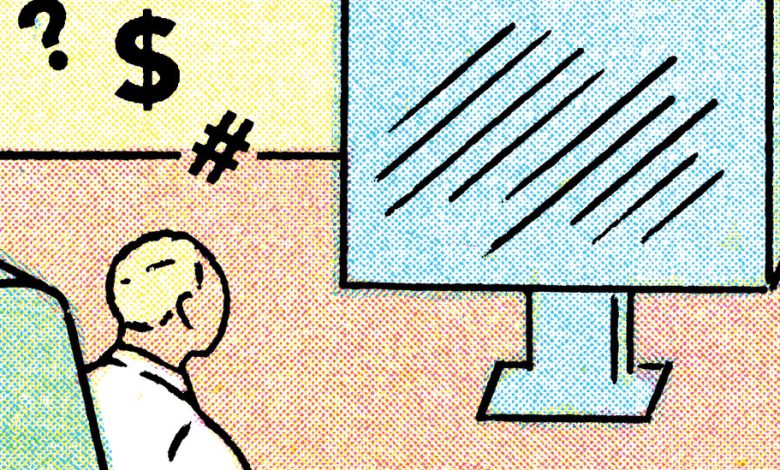Where Did the ‘True Detective’ Magic Go? To Another Show.

If I were asked to condense the entire era of prestige television — all its plots, moods, tropes and aesthetics — for time travelers from an entirely different entertainment era, I’d probably have them sit down and watch the first season of “True Detective,” the eight episodes starring Woody Harrelson and Matthew McConaughey during his “McConaisance” career phase of perfect role selection. In those eight-odd hours of television drama from 2014, you can see almost all the distinctive features of prestige TV as we’ve known it for the past 25-odd years.
Like many prestige-era shows, the original “True Detective” is a dark reworking of a traditional American genre, in this case the police procedural in which odd-couple detective partners turn out to be perfect for each other. It’s a small-screen story that draws a lot of oomph from casting marquee big-screen actors. It’s a drama pitched to blue-state HBO subscribers that’s set somewhere “out there,” beyond the creative-class cosmopolis, where liberal modernity seemingly dissolves back into violence and primitivism.
Like “The Sopranos,” “Breaking Bad,” “Mad Men” and many other shows, it’s a story about “difficult” men who embody a fading patriarchy but somehow retain audience sympathy even as they deal out violence and mistreat the women in their lives.
Like the collected works of the HBO Davids — Chase, Milch and Simon — it’s a show made with an auteur spirit, except that in the case of “True Detective” not one but two auteurish figures guided its development, the novelist-turned-showrunner Nic Pizzolatto, responsible for plot and dialogue, and the director responsible for its memorable aesthetic, Cary Joji Fukunaga.
Like “Lost” and its various imitators, “True Detective” is a “puzzle box” show, with a sprawling mythology for fans to obsess over, scrutinizing every frame for clues and secrets. As with “Lost,” “Game of Thrones” and many others, its mythological reach exceeded its grasp, with loose ends sprawling, red herrings everywhere and an ending that disappointed true believers by leaving crucial mysteries unsolved. And like many prestige-era shows, not just supernatural puzzle-boxers but also more realistic dramas like “The Sopranos” (with its near-death experiences and visions of the Virgin Mary), it has a strong post-secular vibe, playing around with magic and religion, hanging out in a liminal space between Christianity and paganism, but leaving its true metaphysical perspective somewhat unresolved.
Also, like almost all prestige television, it has some unnecessary nudity.
This condensation of an entire era’s worth of themes and tendencies helps explain the first season’s cultural staying power, and also the disappointment, in varying forms, that’s greeted the different attempts to recapture the magic in the subsequent installments of the show — including the latest effort, “True Detective: Night Country,” whose finale just aired last weekend.



